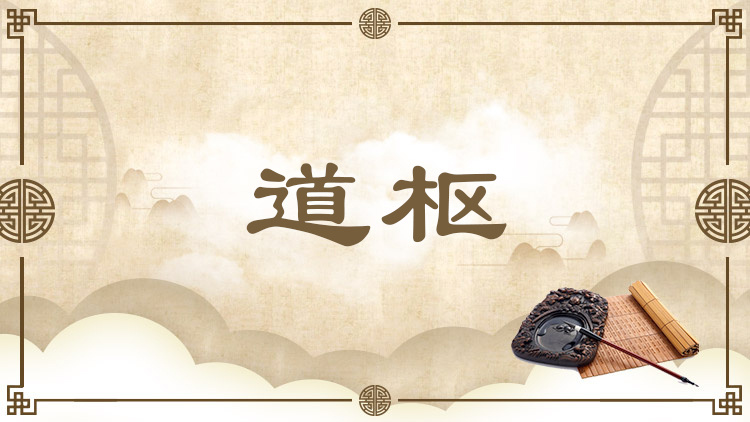Pivot of Dao

道的关键。枢:关键,枢要。出自《庄子·齐物论》。庄子指出,人们往往会站在自我立场、以自己的标准去看待他者。而由于立场或标准的不同,人们对彼此、对事物的看法会形成对立和纷争。因此,庄子主张,超越自我立场,不以自己的标准去看待他者,就能够消弭事物之间的对立与是非。以这样的视角或态度去观照世界,就把握了道的关键。
Literally, this term means pivot of Dao. It first appeared in Zhuangzi written by the ancient Chinese philosopher Zhuangzi. It is pointed out in Zhuangzi that people tend to look at others from their own perspectives or standards, but such different views or standards often give rise to confrontation and disagreement. Therefore, Zhuangzi maintained that people should transcend their own views and go beyond their own standards when viewing other people or things, thus avoiding or resolving conflicts or disputes. By taking this key approach to others, one can gain a true understanding of Dao.
引例 Citation:
◎彼亦一是非,此亦一是非。果且有彼是乎哉?果且无彼是乎哉?彼是莫得其偶,谓之道枢。(《庄子·齐物论》)
彼有它的是非,此也有它的是非。果真有彼此的分别吗?果真没有彼此的分别吗?彼此之间不对立,就是道的关键。
This object has its reason for being the way it is, while the other one also has its own rationale for being the way it is. Is there truly a difference between the two? Or is there truly no difference between them? A non-confrontational approach to the two is key to understanding Dao. (Zhuangzi)
推荐:教育部 国家语委
供稿:北京外国语大学 外语教学与研究出版社
责任编辑:钱耐安





